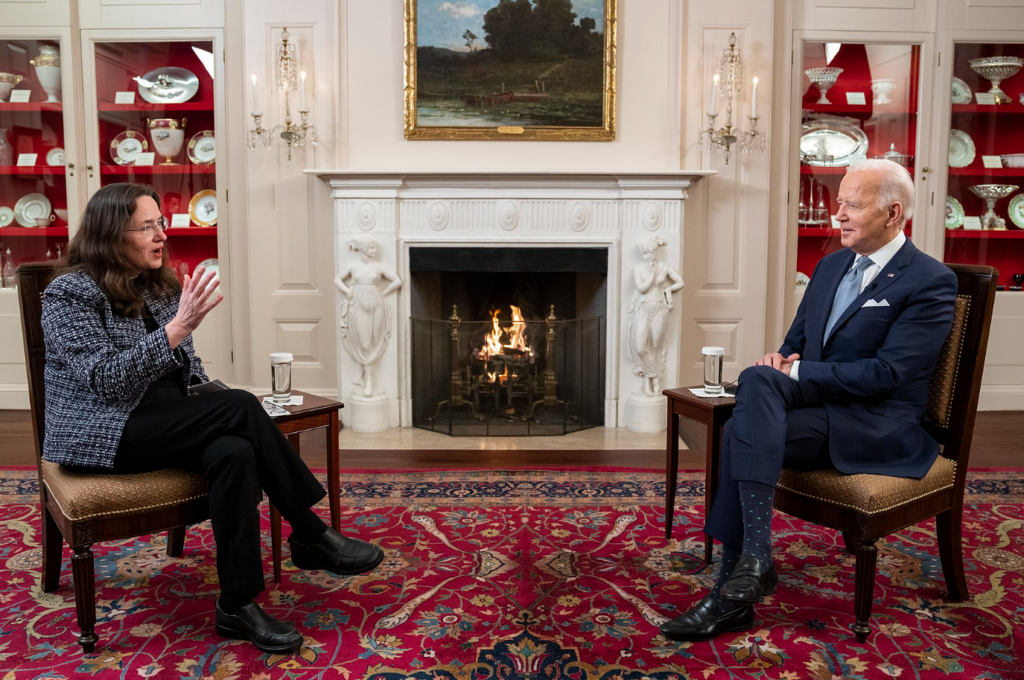In an age where history is often twisted into a pretzel to fit the political narrative du jour, Heather Cox Richardson stands out as a truth-teller. She’s not just another academic tucked away in an ivory tower; she’s a historian with her boots on the ground (often literally, as she travels the country speaking about what she sees), dissecting the American past with surgical precision and connecting it directly to the chaos we’re living through today. Heather Cox Richardson books are like tours through the deep history behind the seemingly recent developments in US politics.
Richardson isn’t content to let history gather dust in old textbooks. No, she’s dragging it kicking and screaming into the present, showing us that the battles we’re fighting now—over democracy, race, and who gets to call the shots—are just the latest skirmishes in a war that’s been raging since the country’s inception. She doesn’t just recount the past; she wields it like a spotlight, illuminating the dark corners of our current political mess.

Her “Letters from an American” newsletter has become a lifeline for many who feel lost in the swamp of today’s political discourse. With each entry, she lays out the facts, cutting through the noise and reminding us that the problems we face aren’t new—they’re the bitter fruit of seeds planted long ago. But Richardson isn’t just about doom and gloom. She’s also about hope, about understanding the past so we can navigate our way out of the storm.
Why does her work matter so much right now? Because as we teeter on the edge of what sometimes feels like the unraveling of our democracy, Richardson offers us a lifeline: context. She shows us that the currents pulling us under have been swirling for centuries and that understanding them is the first step to changing the tide.
Richardson’s books are more than just historical accounts; they’re roadmaps that guide us through the muck of the present by showing us where we’ve been. Whether she’s unpacking the economic machinations of the Civil War, tracing the GOP’s evolution from Lincoln’s party to today’s fractured entity, or exposing how Southern oligarchy seeped into the national bloodstream, she’s always making one thing clear: history is not a straight line. It’s a loop, and if we’re not careful, we’ll find ourselves back where we started.
In a time when facts are up for debate and democracy is under siege, Heather Cox Richardson’s voice is not just important—it’s essential. She’s not just telling us what happened; she’s showing us what’s at stake. I look forward to immersing myself in the first three, but I’ve read the last 3 and wholeheartedly recommend them to anyone seeking to understand this current political moment and what’s at stake.
1. “The Greatest Nation of the Earth: Republican Economic Policies during the Civil War” (1997)
- Summary: The book examines how the Republican Party’s economic policies during the Civil War shaped the United States’ economy and political landscape. Richardson argues that these policies, including the establishment of a national banking system and the introduction of a national currency, laid the groundwork for the modern American economy and solidified the Republicans’ control over the national government.
2. “The Death of Reconstruction: Race, Labor, and Politics in the Post-Civil War North, 1865-1901” (2001)
- Summary: Richardson explores the Northern perspective on the Reconstruction era, focusing on how Northern attitudes toward race, labor, and politics contributed to the failure of Reconstruction. She argues that the North’s retreat from Reconstruction was driven by concerns about class and labor rather than race alone, leading to the abandonment of African Americans in the South.
3. “West from Appomattox: The Reconstruction of America after the Civil War” (2007)
- Summary: This book extends the traditional narrative of Reconstruction beyond the South, exploring how the Civil War and its aftermath reshaped the entire nation. Richardson connects the experiences of people across the country, showing how the Reconstruction era led to the creation of a new American identity and a modern national government.
4. “To Make Men Free: A History of the Republican Party” (2014)
- Summary: Richardson provides a comprehensive history of the Republican Party from its founding in the 1850s through the early 21st century. She traces the party’s evolution from a force for emancipation and national unity to its modern incarnation, examining the ideological shifts and internal conflicts that have shaped its trajectory.
5. “How the South Won the Civil War: Oligarchy, Democracy, and the Continuing Fight for the Soul of America” (2020)
- Summary: In this book, Richardson argues that although the South lost the Civil War militarily, its ideology of oligarchy and white supremacy continued to shape American politics and society. She traces the spread of this Lost Cause ideology from the post-war South to the West and its eventual influence on national politics, culminating in the rise of modern conservative movements.
6. “Democracy Awakening: Notes on the State of America” (2023)
- Summary: Richardson reflects on the current state of American democracy, drawing on her expertise in history and her popular “Letters from an American” newsletter. She examines the challenges facing the country in the era of Trumpism, including political polarization, disinformation and misinformation, conspiracy theories, and the erosion of democratic norms, while also offering hope and a path forward based on historical lessons.
Comments are closed.